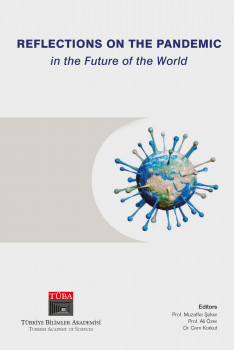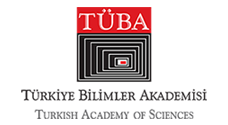The Effects of COVID-19 Pandemic on Academic Researches and Publications

The Effects of COVID-19 Pandemic on Academic Researches and Publications
This study focused on data-based literature evaluation. For this purpose, various scientometrics and bibliometric analyzes were carried out on scientific documents about coronavirus. Within the scope of the research, social network analysis method was used in order to find answers to the questions sought. The research has made inferences about collaboration models. The Dynamics for R&D studies carried out in the pandemic process, which concerns the entire world, are described through productivity, collaboration and funding dynamics. Attention was drawn to the points of use for policy development based on data. If we summarize the prominent results in the study; Although collaborative practices were observed in research and development activities, it was observed that collaborations remained mostly on a national or regional scale. High aggregate constraints (HAC) and low aggregate constraints (LAC) tables allow us to evaluate the positions of actors in coronavirus research in terms of social network analysis values. Coronavirus research has been shown to be a priority research topic on the agenda of the whole world (annual growth rate19.43%.). In coronavirus researches, teams formed in various geographies of the world and their leaders have been identified. Lau SKP, Du LY, Al-Tawfiq JA, Memish ZA are both in the publication performance list and in the network values list. Institutions addressed in China, where the first cases of the pandemic process were observed, undertook a significant share in terms of the number of publications. When we examine the inter-institutional collaboration models, we can say that the institutions do not have a structure prone to collaboration. EU, Wellcome Trust and European Community (EC) have also undertaken a considerable burden, while the University of Hong Kong has also undertaken a significant burden in terms of funding.
